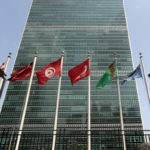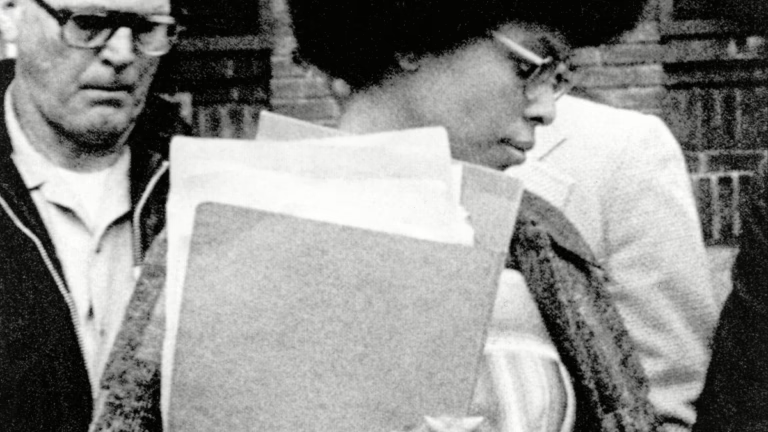After fleeing a US prison in 1979 where she was incarcerated for the death of a police officer, this revolutionary spent many years living in exile.
Assata Shakur, a prominent Black American activist for liberation who was granted political refuge in Cuba, has passed away at 78, according to statements from her family and Cuban authorities.
Born Joanne Deborah Chesimard, Shakur died on Thursday, with the Cuban Ministry of Foreign Affairs attributing her passing to health complications related to her advanced age.
Her daughter, Kakuya Shakur, confirmed the news on Facebook, expressing profound grief: “Words cannot capture the magnitude of this loss I am experiencing.”
As a former member of the Black Liberation Army (BLA), Shakur became an emblem of defiance for many activists. She escaped from a US prison in 1979, where she was serving a life sentence for the killing of a police officer.
In 1977, Shakur was convicted of first-degree murder following a 1973 confrontation between BLA members and two New Jersey state troopers who had stopped them for a traffic violation. Shakur consistently maintained her innocence, asserting that she had her hands raised during the incident.
According to the FBI, Officer Werner Foerster was fatally shot at close range in what was described as an “execution-style” killing, while his partner sustained injuries. Subsequently, Shakur was placed on the FBI’s “most wanted terrorist” list, with a $2 million reward offered for her capture.
At the time, she was also wanted for multiple offenses, including armed robbery.
One of the BLA members involved in the shootout died during the event, and the third participant, Sundiata Acoli, spent nearly five decades in prison before being released on parole in 2022.
A Commitment to Liberation
In November 1979, Shakur’s comrades from the BLA, a Marxist-Leninist group that branched off from the Black Panther Party, orchestrated a daring prison break at Clinton Correctional Facility for Women by posing as visitors.
She resurfaced in Cuba in 1984, where then-leader Fidel Castro granted her political asylum.
Shakur’s legacy later inspired activists within the Black Lives Matter movement, though some critics pointed to her Marxist and communist affiliations as controversial influences.
In her 1988 autobiography, she wrote, “Our obligation is to fight for freedom. Our obligation is to prevail. We must cherish and uplift one another. We have nothing to lose but our chains.”
Following the announcement of her death, Black Lives Matter Grassroots Inc., a US-based racial justice organization, honored her memory on Instagram, stating, “May our efforts be courageous and just as we continue the struggle in her name.”
Shakur’s case, intertwined with her close ties to the family of the late rapper Tupac Shakur, has long complicated the already strained diplomatic relations between the United States and Cuba.
During Donald Trump’s presidency, there were calls for her extradition from Cuba to face charges in the US.

















